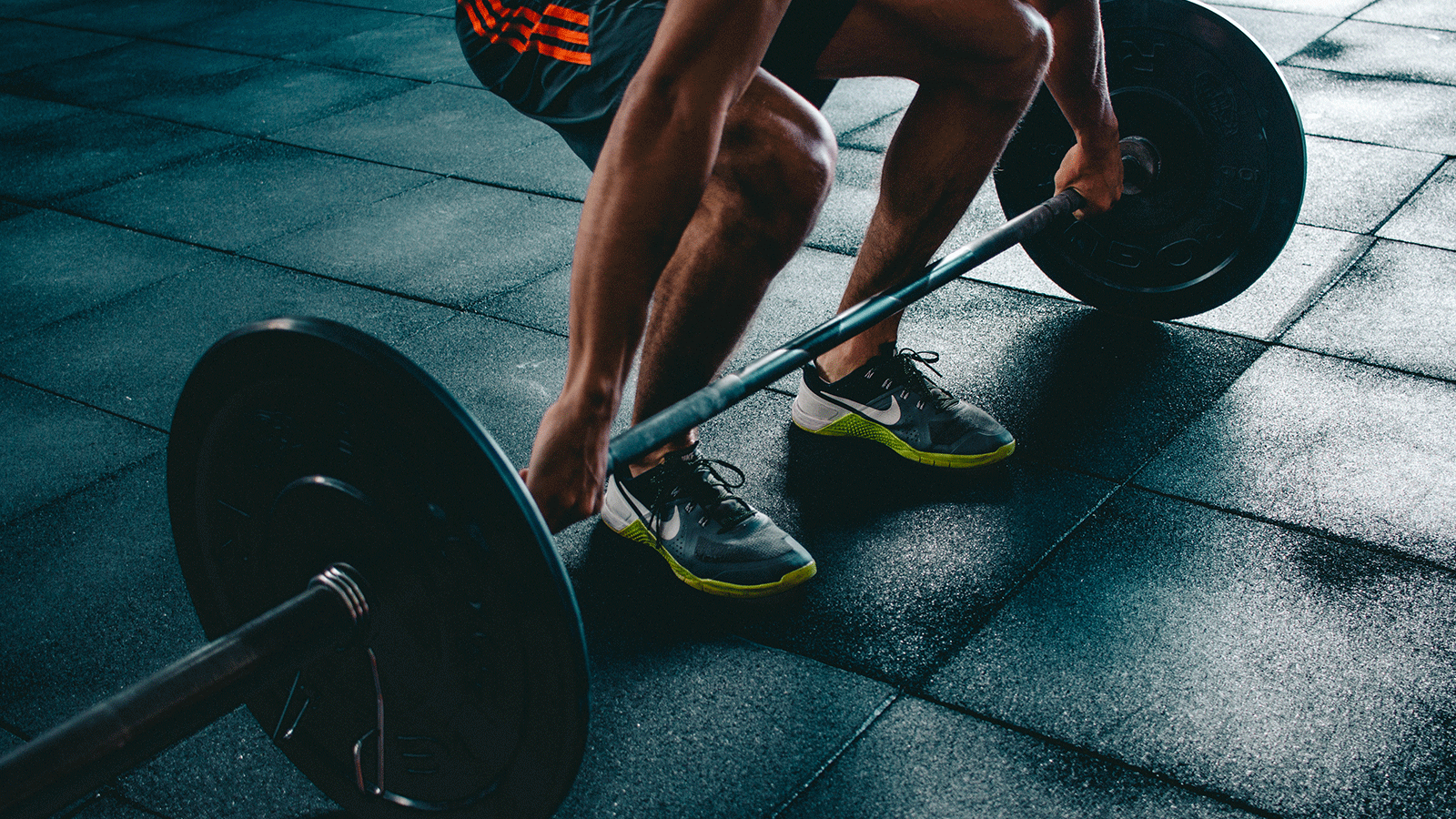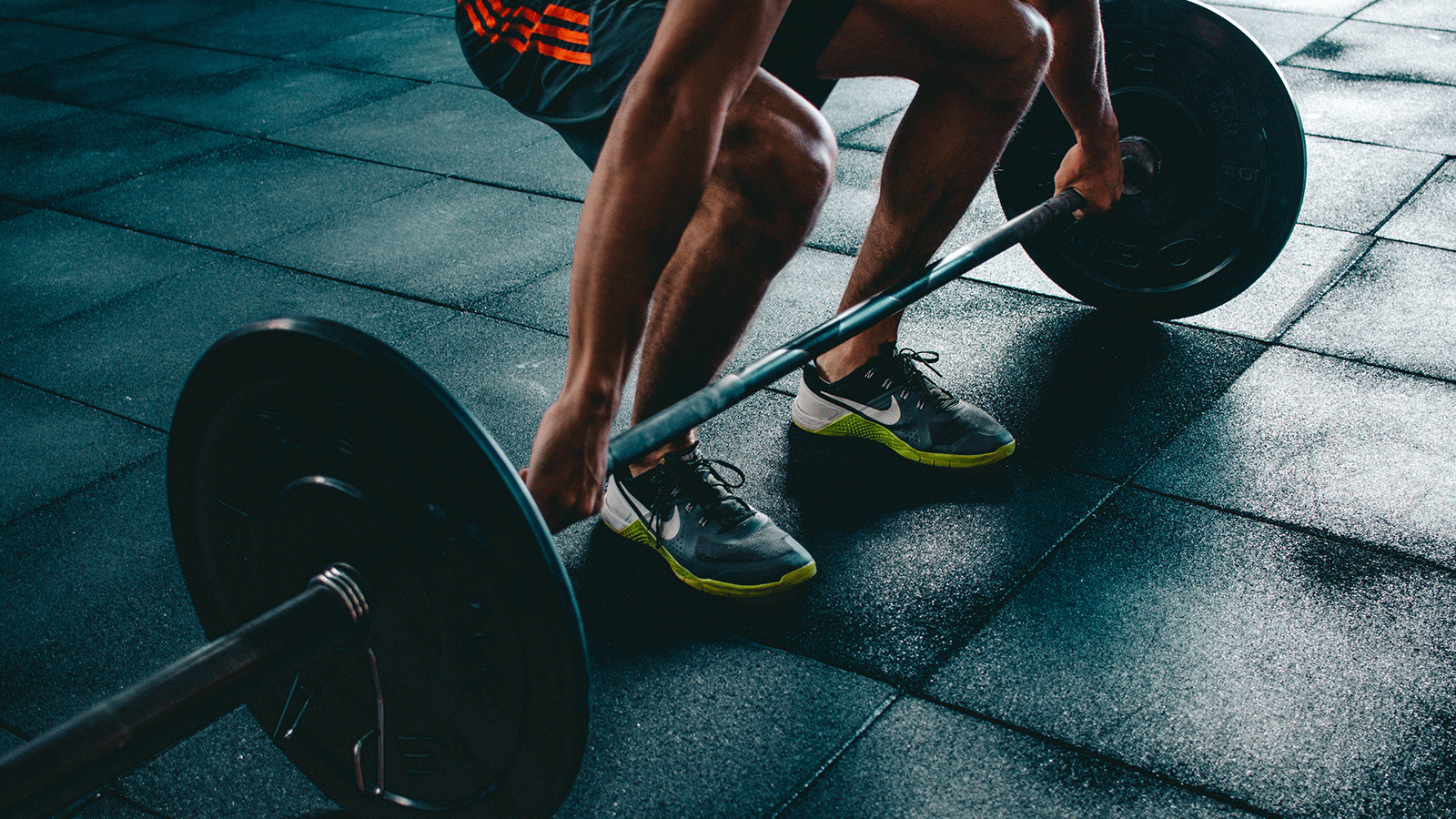
It’s 2019 and the pressure is on to eat better, sleep more, lose weight, exercise, and stay calm while you carry on. But rather than feeling bad about all the things that you’re neglecting in your wellness regime, this may be the year to try a different approach to support a healthy lifestyle.
Increasingly, cannabis researchers and casual fans alike are discovering that the plant offers numerous paths to aid in wellness. Of course, marijuana isn’t a cure-all, and it won’t miraculously teleport you to that spin class. But in all its forms – flower, sublinguals, tinctures, topicals, and vapes – cannabis can help support you as you pursue your wellness regime.
Cannabis helps balance and augment our vast endocannabinoid systems, according to Dr. Bonni Goldstein, medical director of Lawndale, California-based Canna Centers, which helps patients integrate cannabis into their treatment regimen.
“We have cannabinoid receptors in our guts, our brain and in our immune system,” Goldstein explains, “and when we’re chronically stressed, have a poor diet or don’t get enough sleep, there’s clear-cut scientific research that these conditions produce a deficiency in the endocannabinoid system.”
Everyone’s endocannabinoid system is unique, but this cellular receptor system helps regulate digestion, pain response, inflammation, the cardiovascular system, emotions, hormones, and metabolism, just to name a few of its jobs.
Cannabis’ phytocannabinoids – the most prominent are THC and cannabidiol (CBD) – bind to the cells found throughout our endocannabinoid system and can act as a medicine to help balance what’s out of whack.
For example, if you’re getting only two hours of sleep a night, chances are you’re going to reach for processed comfort food, skip the gym, get anxious – and it’s all downhill from there.
“Everyone in the Western world can benefit from more sleep,” said Adie Wilson-Poe, Ph.D., a neuroscientist and instructor at Washington University in St. Louis. “If you want to enhance your health, you need to feel good psychologically so you can support your health goals. Getting enough sleep is one the most simple things you can do. Cannabis is definitely a sedative that can help.”
For sleep aids, she recommends ingesting a 1:1 product with equal amounts of THC and CBD, such as a tincture, 30 minutes to an hour before bed. Ingested cannabis products such as edibles can last from six to eight hours, allowing for adequate time to help you fall asleep and stay asleep.
Goldstein takes her sleep prescription a step further, suggesting a product rich in the terpene known as myrcene. Terpenes are essential-oil compounds found in many plants, including cannabis. Myrcene can have a sedating effect when it’s combined with THC.
Staying calm is another part of any wellness plan. Whether you want to meditate more, stop stress-eating, up your yoga practice, or just be a better partner or friend, cannabis can help.
“Most people can’t give 100 percent to staying healthy all the time,” Goldstein said. “But cannabis can help you stress less about all the things you aren’t doing, allow you the space to feel more free so you can stay mentally balanced and make better, healthier choices.”
For that chill-out effect, Goldstein recommended strains that are rich in the terpene linalool, which also is present in lavender. Linalool has anti-anxiety, antidepressant, and anticonvulsant properties. Goldstein said she uses it for her pediatric patients suffering from epilepsy. Linalool can be found in strains such as Grand Daddy Purple and Sour Grape.
Cannabis also has been used to help beginner and elite athletes alike improve performance and recovery. Stating the obvious, Wilson-Poe reminded that, “THC is intoxicating; it will affect your motor performance and if you’re too high you are opening yourself up to injury.”
Though few would call cannabis a performance-enhancing drug on par with anabolic steroids, athletes have discovered how to use cannabis moderately to boost their performance and recovery.
“There’s a huge mental component to athletic performance, and it can really help athletes like long-distance runners, swimmers or anyone doing something challenging so they’re not distracted by negative thoughts. Then, they can focus on the task at hand,” Wilson-Poe said.
Cannabis’ anti-inflammatory effects can also help in sports recovery. Wilson-Poe said topical creams or lotions are a good option. She suggested looking for products with a jojoba oil base that allows the cannabinoids to penetrate the skin more easily. If possible, look for products rich in the terpene caryophyllene, known for its anti-inflammatory and pain-relieving effects.
However you use cannabis to boost your wellness regime, Goldstein recommended letting your body lead the way.
“Cannabis isn’t a blood pressure medicine that one takes blindly every day,” she explained. “If you don’t like THC, try something else. If CBD dosing isn’t for you, OK, experiment and see what works for you. Be thoughtful and trust how you feel. It’s a plant with a lot of compounds and the system you’re treating changes every day so you have to be prepared to ride the wave.”
Tips for medicating
- Keep a journal (here’s a cannabis wellness logbook from Goldleaf) that helps you document strains, products, and their effects so you can better understand what works for you.
- Know your terpenes and don’t be shy to email brands and ask them to disclose their terpene research data. Brands such as Dosist, Papa & Barkley, Rosette, and Fiddler’s Greens list terpene information.
- Use flower in whatever form you prefer, but make sure it has been extracted in the most gentle way possible, preferably at a low temperature so it preserves the full symphony of benefits the plant has to offer.











